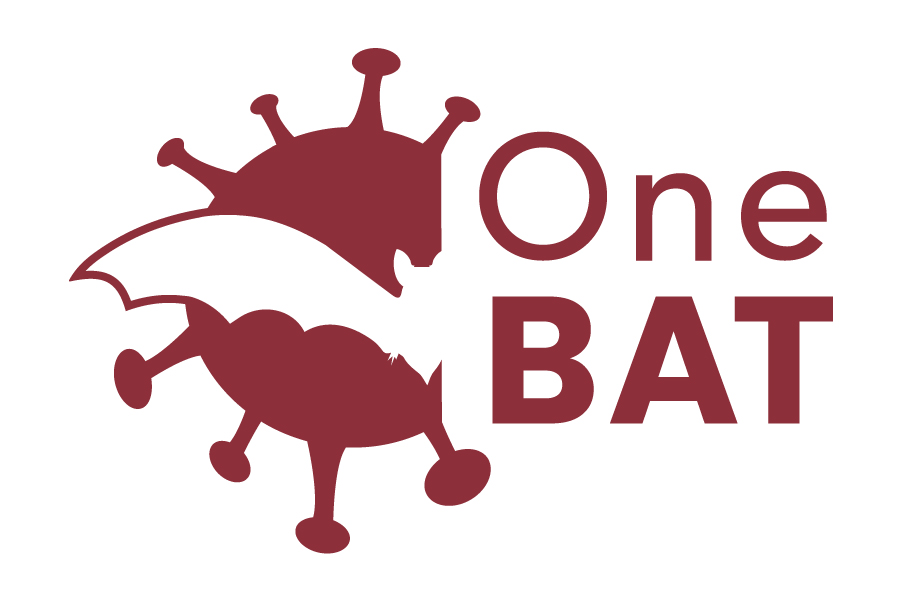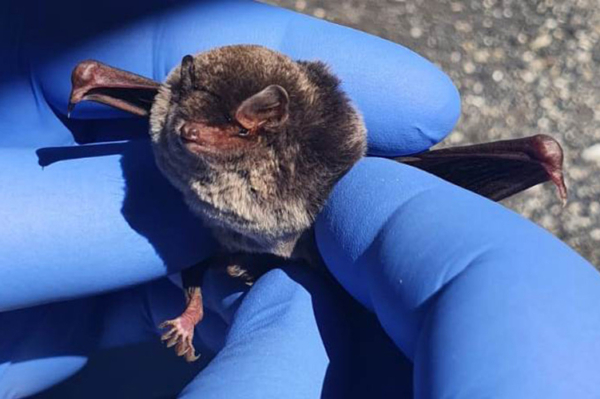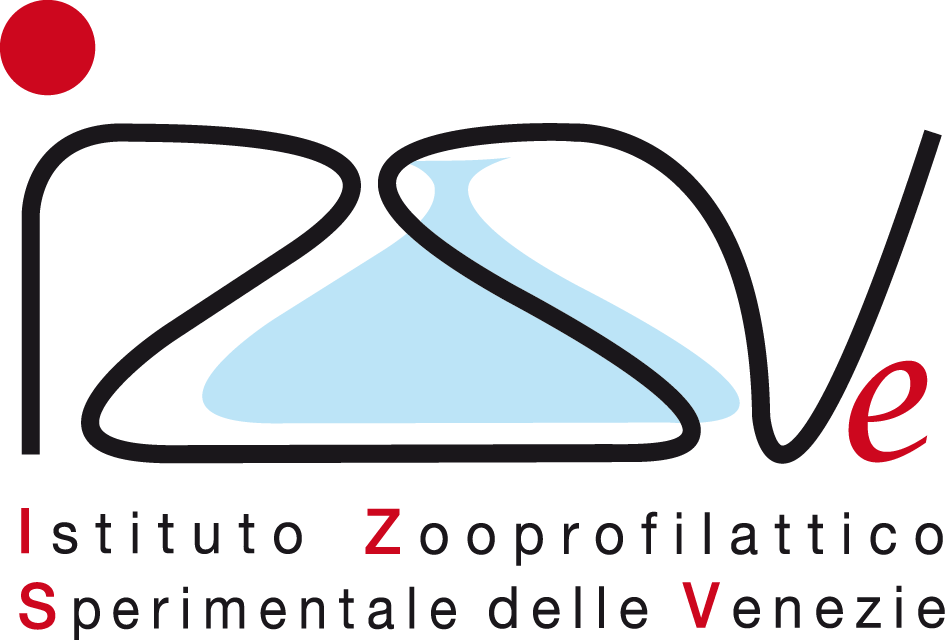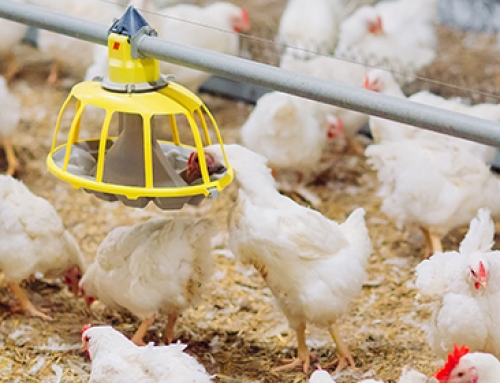The research project entitled, One Health approach to understand, predict and prevent viral emergencies from bats (OneBAT), funded in the framework of the HORIZON-HLTH-2022-DISEASE-07 call, got underway on 1st December, 2023. The Consortium, coordinated by the Istituto Zooprofilattico Sperimentale delle Venezie (IZSVe), will be led by Paola De Benedicitis, Head of the Laboratory for Viral Zoonoses & Emerging and Reemerging Pathogens of Research and Innovation Unit SCS5 and Director of the National Reference Centre / FAO Reference Centre for Rabies.

The OneBAT project aims to explore the complex interaction between host, pathogens, and environment with a view to identify factors that can trigger viral spillover from European bats to humans or domestic animals. Information will be gathered on virus transmission and elimination routes and on the dynamics of replication and circulation within animal populations, taking a specific bat as its model: the common bent-wing bat Miniopterus schreibersii.
In recent years, bats have garnered considerable interest in the health field since the discovery of the great variability of RNA viruses, some of which belong to viral families responsible for human illnesses, including epidemic diseases. Consequently, surveillance of this extremely heterogenous group of mammals and investigation into the biological characteristics of the identified viruses is considered pivotal to guaranteeing public health and to mitigating the emergence of potential pandemics.
Supported by its multidisciplinary consortium of ecologists, virologists, and epidemiologists, OneBAT aims to explore the complex interaction between host, pathogens, and environment with a view to identify factors that can trigger viral spillover from European bats to humans or domestic animals.
Information will be gathered on virus transmission and elimination routes and on the dynamics of replication and circulation within animal populations, taking a specific bat as its model: the common bent-wing bat Miniopterus schreibersii. This animal, with its underground and migratory habits, has been associated with viruses of public health concern, including those of the filovirus, coronavirus, and lyssavirus families, which will be investigated within the project.
Given the marked decline of this species in Europe, optimising and harmonising surveillance at the pan-European level will allow the collection of significant information on these potential pathogens, while disturbing the populations as little as possible. In this framework, the Consortium will explore environmental monitoring methods designed to further limit disturbance of this and other protected species in the future.
OneBat likewise aims to provide new data on these viruses’ potential to actually cause disease in humans or domestic animals, by studying their biological characteristics and susceptibility to existing treatments. To this end the consortium will develop innovative methods and platforms that will prove useful also in the study of other pathogens.
To promote the impact and dissemination of findings, the Consortium will set up a platform allowing the ecological, diagnostic, and virological protocols and tools developed and harmonised by the partners during the study to be shared with a wider scientific public. For example, the VHF receivers installed in Europe as part of the project will be connected to the MOTUS platform, enabling them to be used by other researchers to monitor bats and birds. In addition, courses and webinars will be organised to facilitate large-scale application of the OneBat approach. In this respect, the ambition of the project is to design a framework in which to more efficiently study any microorganism associated with these animals, including other species of European bat.

Miniopterus schreibersii. Photo by Dino Scaravelli
The Consortium
- Istituto Zooprofilattico Sperimentale delle Venezie (IZSVe)
- Institut Pasteur (IP)
- beWarrant
- Universitat de Barcelona (UB)
- Avvale spa
- Agence nationale de sécurité sanitaire de l’alimentation, de l’environnement et du travail (ANSES)
- Ministero dell’agricoltura, dello sviluppo rurale e dell’ambiente di Cipro
- The Trustees of Boston University (BU)
- Università pedagogica nazionale di Charkiv “H.S. Skovoroda” (KHNPU)
- Pécsi Tudományegyetem (University of Pecs)
- University of Kent
- University of Sussex
- Université Claude Bernard Lyon 1






